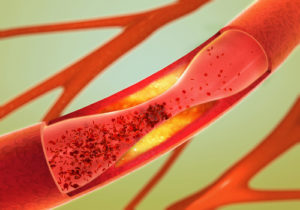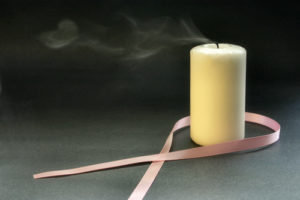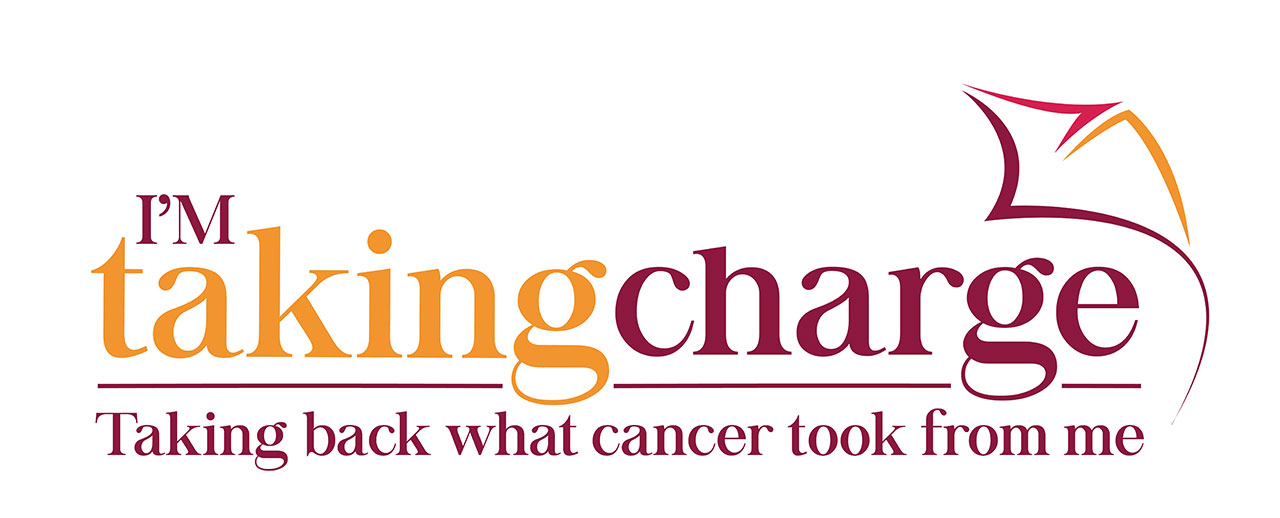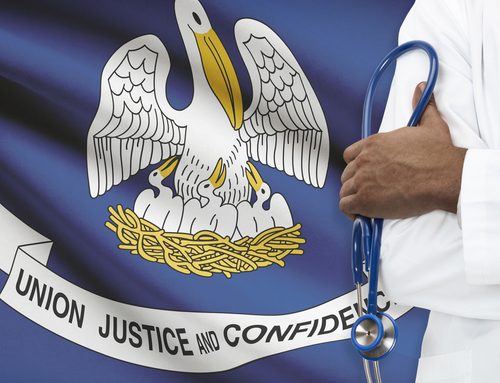If you haven’t decided to stop smoking yet, here is further information on why you should stop before reconstruction. Smoking and breast reconstruction don’t mix. Read on to learn what happens during reconstruction surgery and how smoking affects the outcome.
Sharp Reduction in Blood Supply
 To begin with, the blood supply to breast tissue is sharply reduced during the long reconstruction procedure. What this means is if the tissue in that area doesn’t get enough blood supply, it dies.
To begin with, the blood supply to breast tissue is sharply reduced during the long reconstruction procedure. What this means is if the tissue in that area doesn’t get enough blood supply, it dies.
Smoking, and the tar, nicotine and other agents found in cigarettes, causes even more constriction in blood vessels. That impairs wound healing and reduces the oxygen delivery to the tissue. Nicotine increases the level of a pituitary hormone called vasopressin. That hormone causes the constriction in the blood vessels. Constriction means the vessels get really small, and it’s extremely difficult for blood to pass through. The effect in women who smoke is that they become more vulnerable to tissue necrosis. Necrosis is which is when the tissue dies and turns black, and leads to other complications. It can be devastating.
Early Research on Smoking and Breast Reconstruction
 In 2001, the journal Plastic and Reconstructive Surgery presented the results of a study of more than 700 women. The women had undergone breast reconstruction surgery with either an implant or a TRAM (transverse rectus abdominis musculocutaneous) flap. Of these women, 155 were current smokers at the time of the reconstruction procedure, 76 were ex-smokers, and 517 were nonsmokers. Women who had quit as recently as three weeks prior to surgery were classified as ex-smokers.
In 2001, the journal Plastic and Reconstructive Surgery presented the results of a study of more than 700 women. The women had undergone breast reconstruction surgery with either an implant or a TRAM (transverse rectus abdominis musculocutaneous) flap. Of these women, 155 were current smokers at the time of the reconstruction procedure, 76 were ex-smokers, and 517 were nonsmokers. Women who had quit as recently as three weeks prior to surgery were classified as ex-smokers.
Jeanne A. Petrek, MD, then director of the surgical program at the Evelyn H. Lauder Breast Center at Memorial Sloan-Kettering Cancer Center in New York City, comments as an expert on the results that were reported:
“It is intuitive that because smoking decreases blood supply and can lead to surgical complications at other sites, it would be expected to increase the risk of the complications noted in this study. Based on these considerations, routinely tell my breast cancer patients that smoking might increase their risk of complications and that most of these complications detract from the appearance and feel of the reconstructed breast. And, I offer appropriate pharmacological agents and counseling to help these women stop smoking for as long as possible before surgery.”
But she also offered in the same article that a single study cannot be considered absolutely definitive.
Current Research on Smoking and Breast Reconstruction

Library at the University of California, San Diego. Researchers at the UCSD Cancer Center found a 40-60 percent increase in surgical complications among smokers.
Looking at current information available, there is even further evidence showing women who actively smoke during breast reconstruction, especially with implants, have a high potential for complications. Smoking can increase the complication rate of surgery (in general) by up to 40-60 percent, according to University of California San Diego Cancer Center.
A German study of 318 breast reconstruction patients reported in 2015 that wound healing was more often impaired in smokers, and that smokers also experienced scar insufficiency and rupture along the surgical incisions.
What to do?
The breast reconstruction process is a stressful time. It’s a difficult time to stop smoking, but also an important time to stop. The current rule of thumb is no smoking three weeks prior to surgery. This gives the healing process a chance. Smoking should not begin again until you are cleared by the surgeon.







Leave A Comment